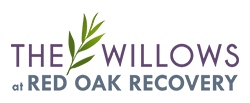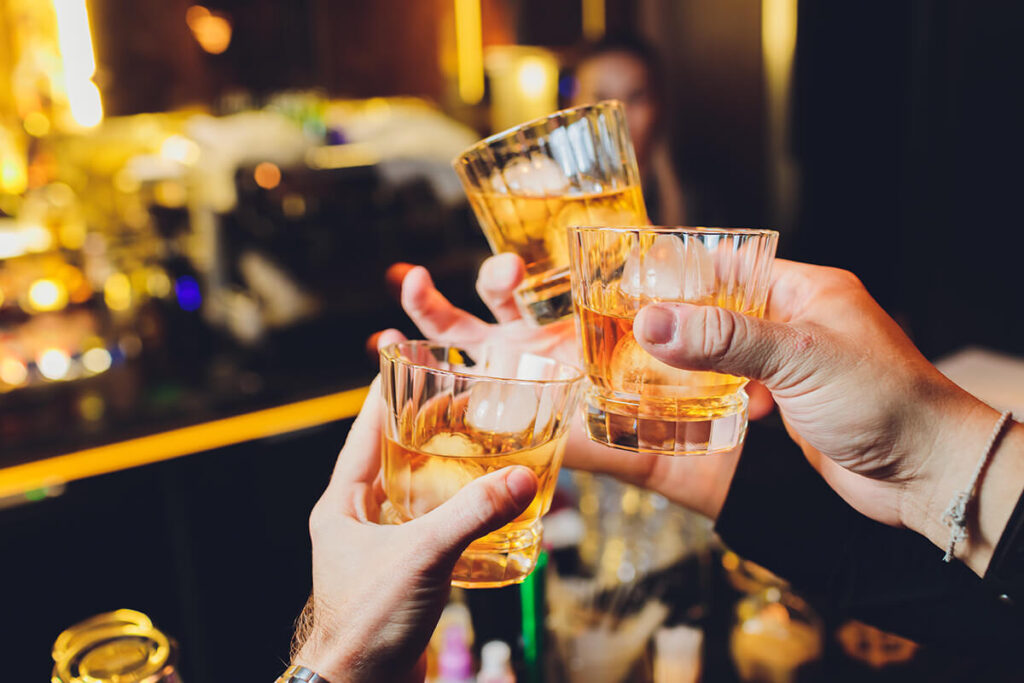Social media is a part of daily life for many people. Unfortunately, when social media is constantly glorifying alcohol abuse, it can be hard to have a healthy attitude towards alcohol. Recognizing the relationship between alcohol and social media can help reduce your risk of substance use problems. To learn about our women’s addiction treatment center, contact us today at 855.773.0614.
Social Media Is Changing Cultural Attitudes Towards Drinking
Before social media, messages about alcohol were common, but they weren’t quite as prevalent. Now, just logging in to a popular site can inundate people with posts about alcohol. These almost always show alcohol in a “fun” light. Analysis of social media posts about alcohol shows that 97% of posts show positive messages like people relaxing with alcohol, having a party with alcohol, or appreciating the taste or look of alcohol.
This is essentially a subtle form of peer pressure, unconsciously telling you that alcohol is widely used, beneficial, and harmless. Many young adults feel like they need to use alcohol after seeing ads on social media. Furthermore, daily Facebook, Instagram, or Twitter use was all linked to higher levels of hazardous drinking.
Alcohol-Related Social Media Posts Can Heighten Alcohol Cravings
Even if you are not constantly bombarded by posts celebrating excessive alcohol consumption, social media can make it harder to resist drinking. Just seeing a product over and over can be enough to make people want it. This means that a harmless post showing friends clicking together champagne glasses can encourage alcohol consumption.
In addition to posts from friends, you also have to deal with all the advertisements for popular alcohol products. Research from Michigan State University found that those who scrolled through a Facebook page with beer ads were 18% more likely to want alcohol afterward. For those who are not yet aware they have a problem, seeing social media posts on alcohol can just make you feel like grabbing a drink. For those who have already been through an alcohol addiction treatment program, this added pressure can increase relapse risks.
How to Reduce the Harmful Effects of Alcohol and Social Media
Because social media can trigger alcohol use, it is important to be cautious when using social media. Remember that most popular sites like Facebook allow you to hide posts from certain users. You may want to employ this to make sure you do not see posts from friends who heavily promote alcohol usage. For close friends who you are comfortable sharing your challenges with, it is also perfectly reasonable to ask that they do not message you or talk to you directly about alcohol consumption. In some cases, it may be wise to take a step back from social media entirely and focus on your own mental health. Ads on social media are another trigger for alcohol abuse, so you should also install a secure ad-blocker on your computer and phone.
When social media does make it hard to avoid unhealthy drinking, you may want to reach out to others for assistance. Being honest about how social media influences your alcohol cravings can make it easier to get the help you need. You can call national helplines or find an emergency 12-step program group meeting to get immediate support. Fortunately, there are plenty of great alcohol abuse treatment programs out there. These can provide guidance in handling alcohol and social media in a healthier manner.
Get Treatment at the Willows at Red Oak
If social media is making it hard to control your alcohol consumption, you do not have to struggle alone. The Willows at Red Oak Recovery can give you the tools you need to overcome alcohol abuse. At our quiet, female-only retreat, we offer a variety of clinically proven therapies, including:
- Cognitive-behavioral therapy
- Dialectical behavior therapy
- EMDR therapy
- Yoga therapy
- Animal-assisted therapy
This can help you unpack the causes behind your drinking and find healthier ways of coping with stress and cravings. Learn more about our alcohol addiction treatment program by contacting us at 855.773.0614.




